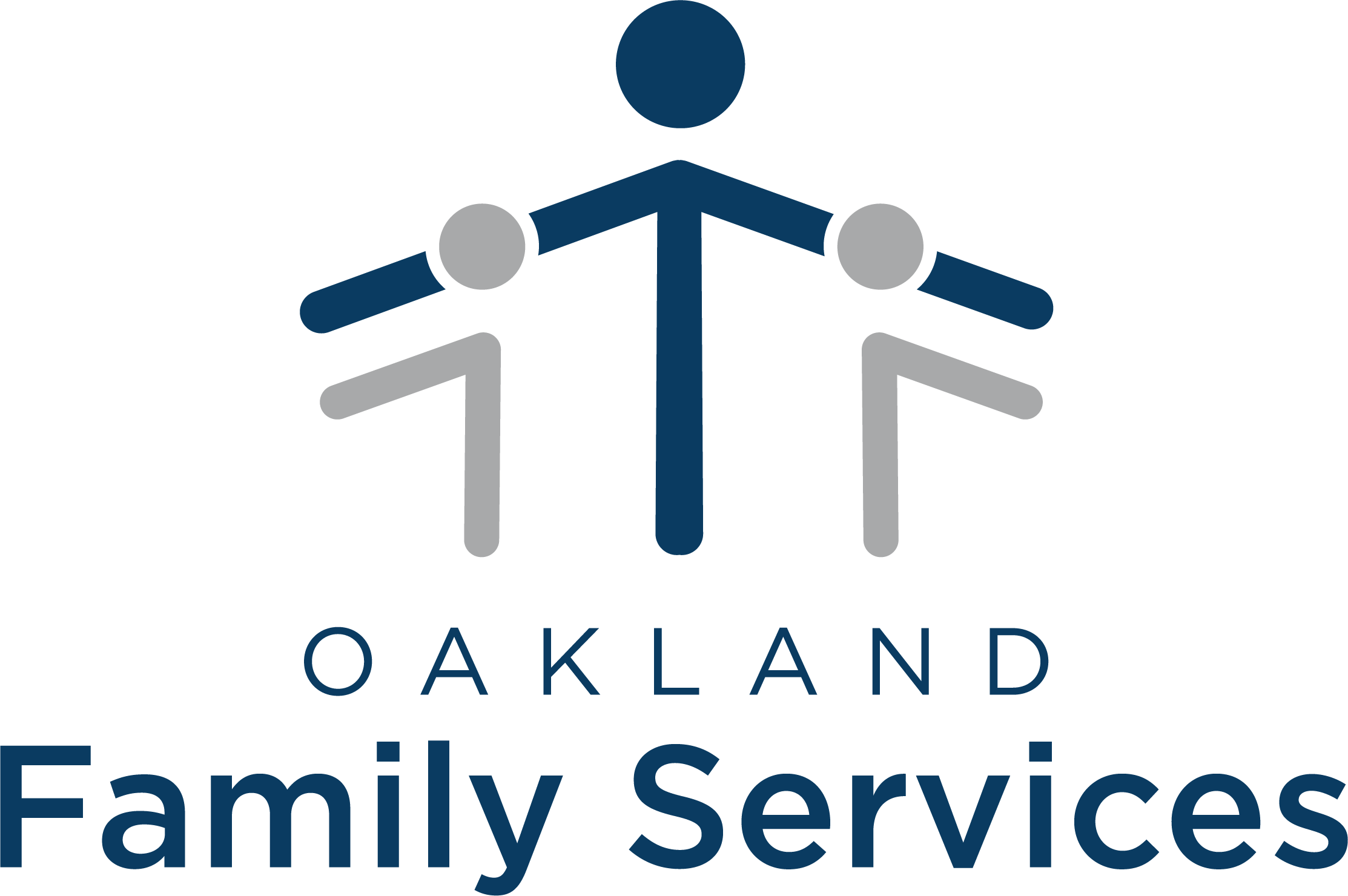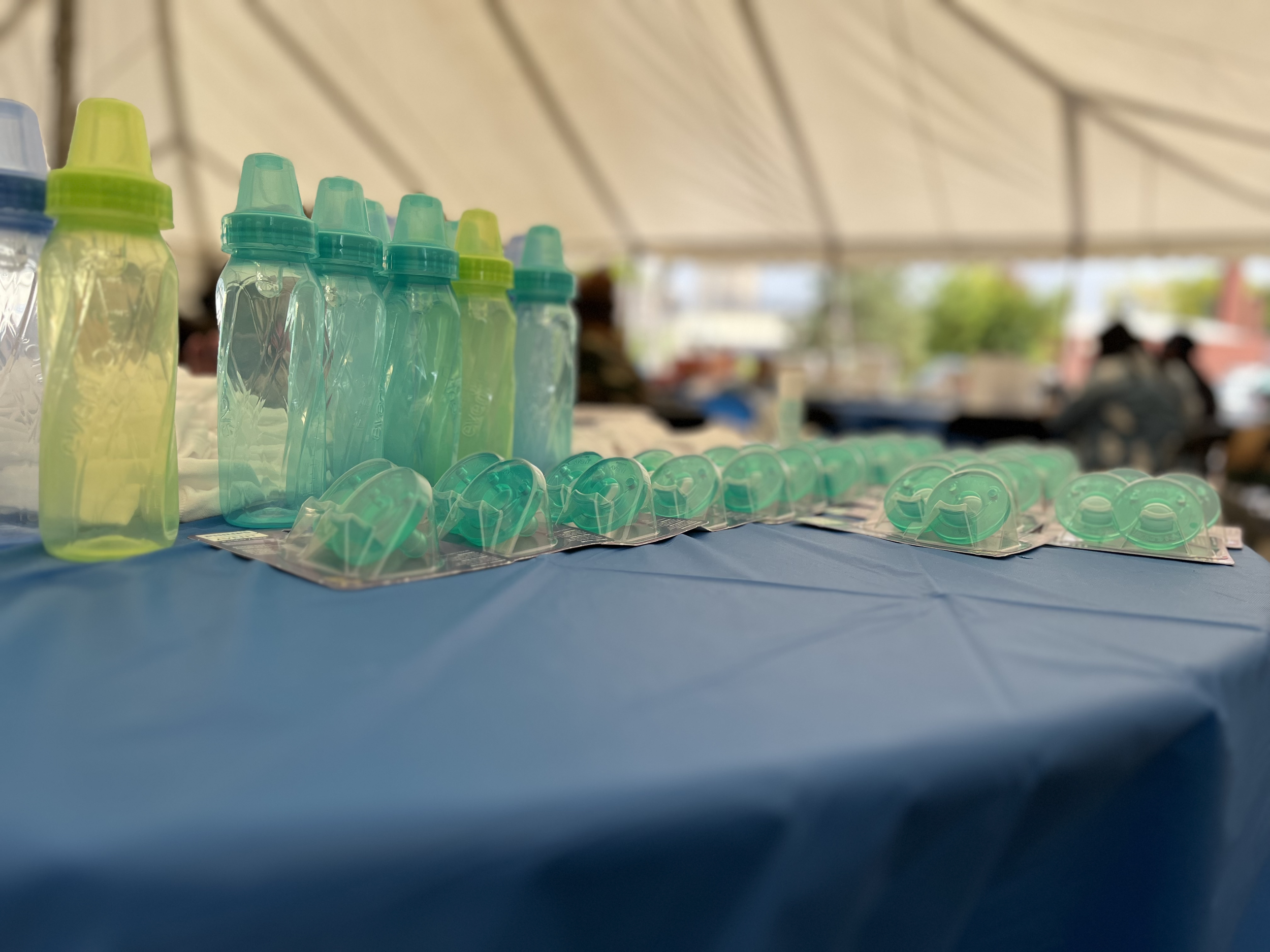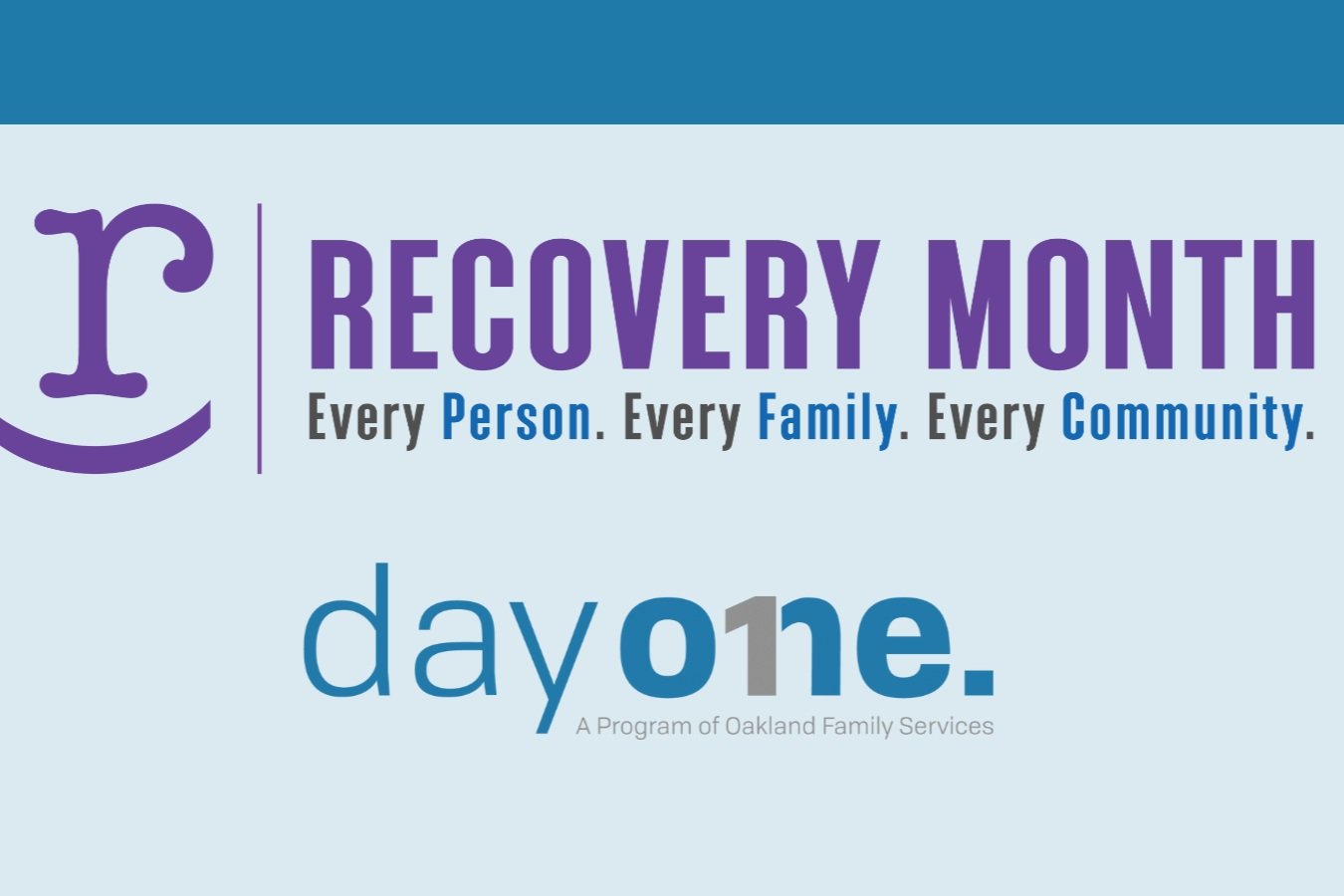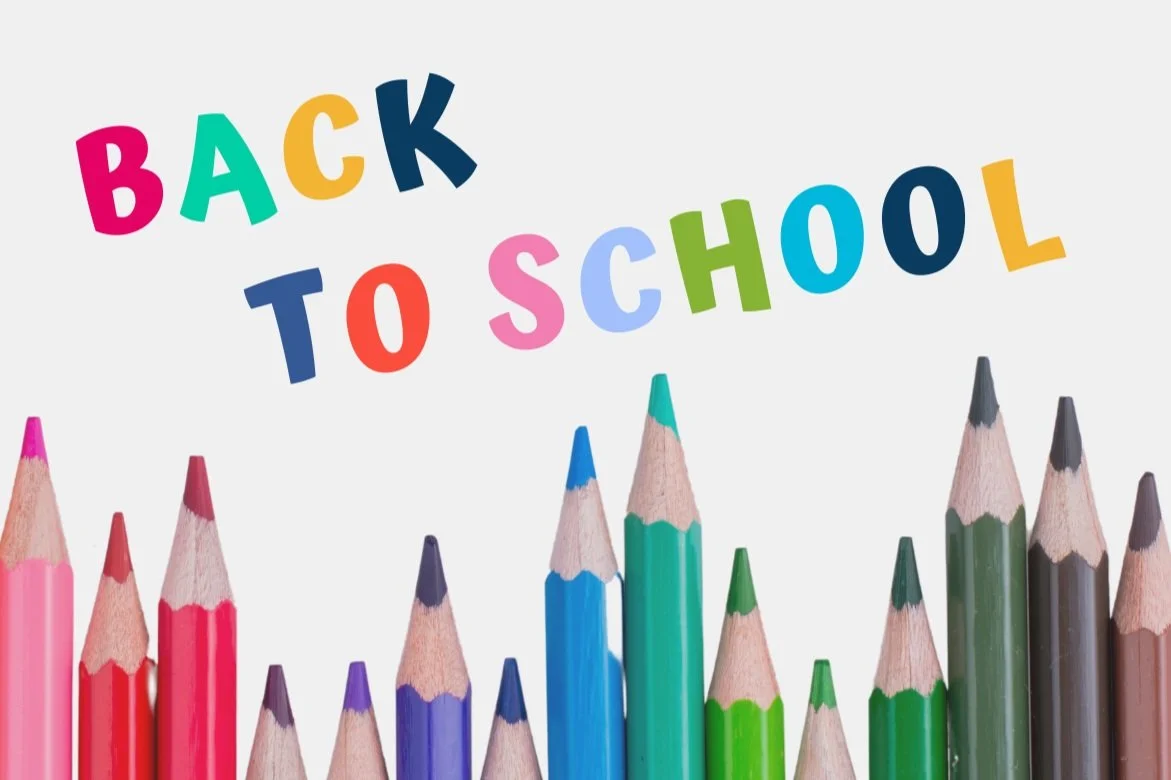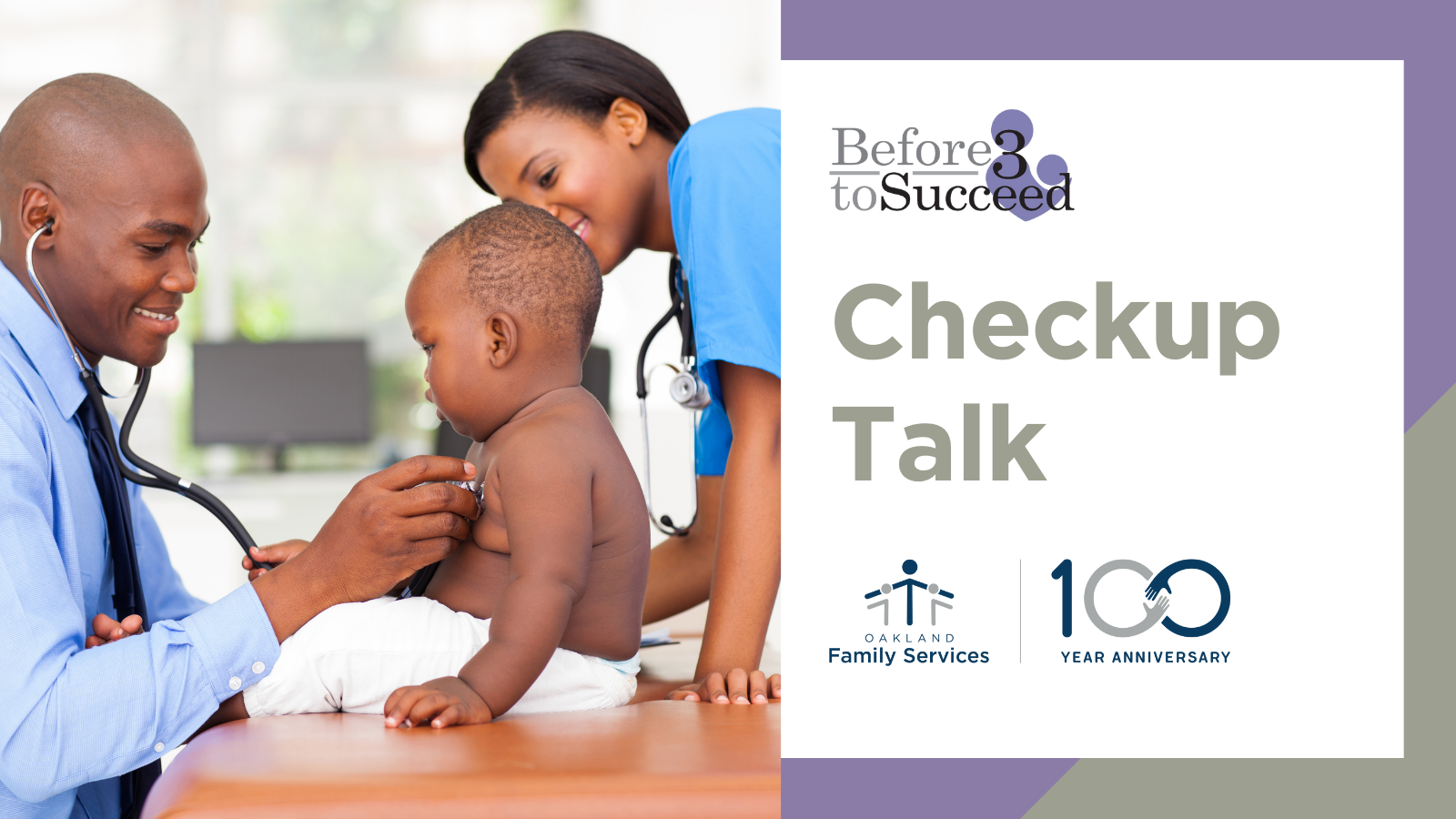Oakland Family Services faces pandemic head on, logs success in 2020
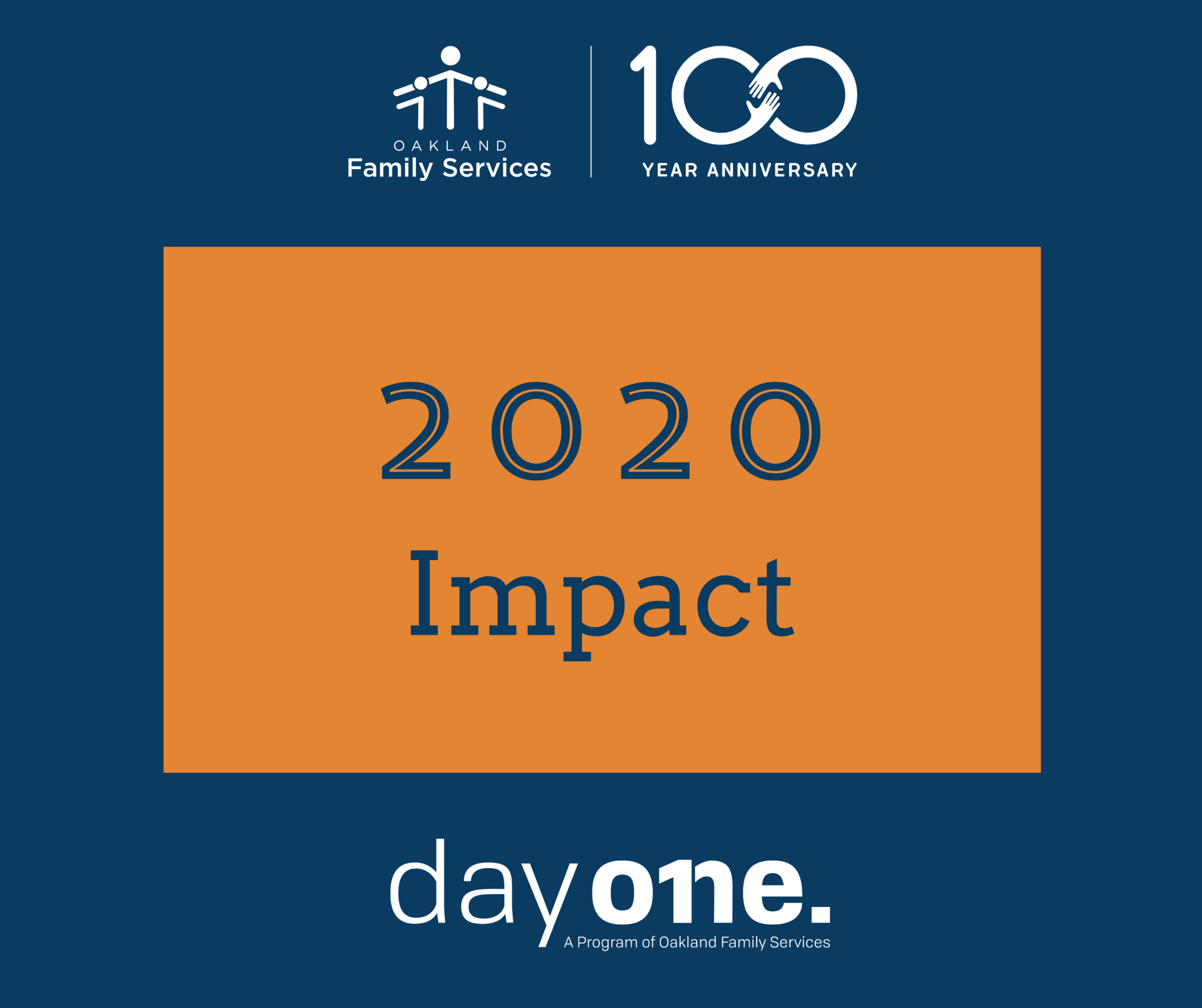
When 2020 brought challenges no one would have ever predicted, Oakland Family Services rose to the challenge. The agency continued to provide vital health and safety net services for the community after the pandemic hit, not missing a beat as it quickly switched to virtual services for its prevention, education and treatment programs.
“I’m so very proud that we have stayed true to our culture,” Oakland Family Services President and CEO Jaimie Clayton told employees during a December meeting. “We continue to live and breathe our values and, most importantly, remain tied to the mission and continue to build brighter futures for those who truly need us more than ever. We did that while balancing the difficulty of the pandemic in our own lives.”
Here are a few highlights of the agency’s impact on the community in 2020:
Virtual services allowed Day One to incorporate individuals from its different locations into various therapy groups. Group participation in our Day One program was up from an average of four participants to six participants per group. In addition, our PRISM program assured 90% of women served did not need a higher level of care and MISSION ensured that incarcerated individuals still had help transitioning to life after release.
Early Learning Communities (ELC) hosted more than 275 events with a total of more than 2,500 participants, and the ELC Navigator supported nearly 2,500 clients over the phone with resource connections, training support and other needs.
Our early childhood home visiting services (Fussy Baby, Parents as Teachers and Early On) combined completed more than 3,025 home visits, most of which were virtual. Despite the change in how services were provided, these programs demonstrated huge success, including a 2% increase over 2019 in Early On completion rates, an increase of parent involvement and the quality of the child’s environment in 86% of Parents as Teachers families and improvement in the main area of concern for 96% of Fussy Baby families!
Thanksgiving and Adopt-A-Family programs were adjusted to help families in need have a holiday while keeping everyone safe. One hundred families were provided with gift cards to purchase Thanksgiving meals and nearly 300 families, which included more than 700 children, received gift cards to purchase holiday gifts and household necessities.
When the pandemic prevented in-person preschool, the Children’s Learning Centers made 12,771 family contacts. The Children’s Learning Centers delivered 130 bags filled with books, educational toys and craft supplies, as well as 1,005 meals per week to their students.
Our Family Preservation program placed 32 children in adoptive homes and maintained safe placement in our licensed foster homes for an average of 137 foster children at any one time throughout the year.
Specialized Services for Youth, which treats severe emotional disturbance in youth ages 6-21, provided services for nearly 600 children and adolescents.
The Walled Lake Day One and Specialized Services for Youth staff were relocated to a new, integrated site with the Walled Lake Children’s Learning Center.
“We have stayed the safety net agency we have always been and continue to serve families and build brighter futures,” Clayton said.
